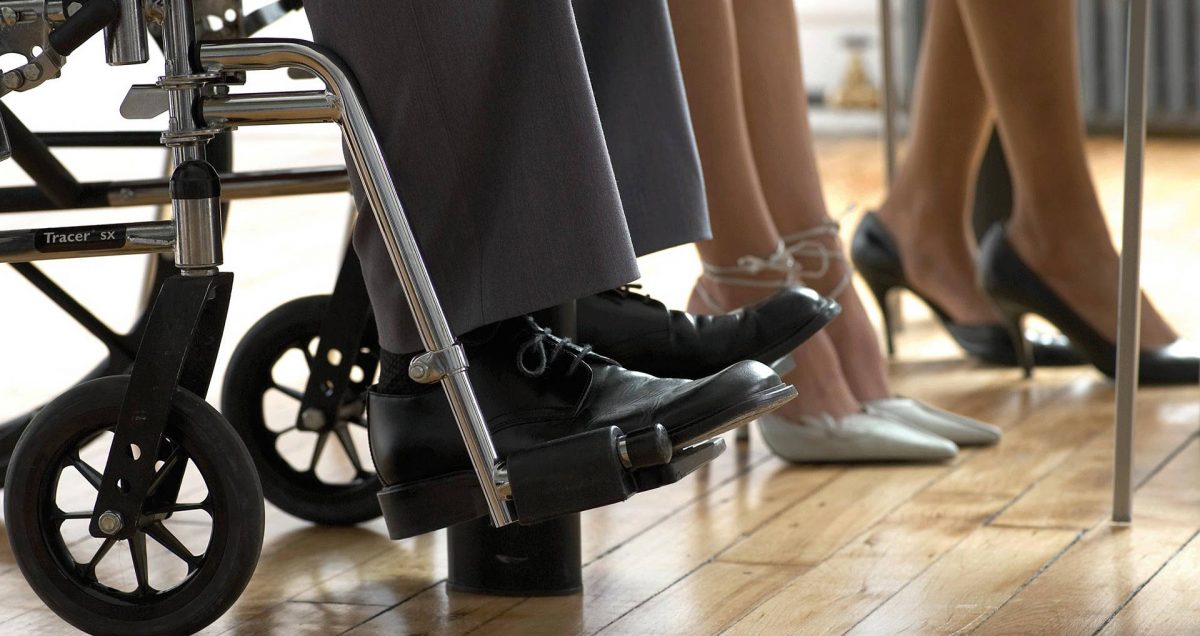Disability
Advocating For Portland, Oregon Residents In Disability Cases
“Disability” means different things in different legal settings. Here’s what it means to the people we represent.
 Back to all Practice Areas
Back to all Practice Areas Workers’ Compensation
For workers who get hurt on the job, there are different degrees of disability. Usually, the first is "temporary total disability" (TTD or “time loss”), which is what happens when your doctor keeps you off work after the injury. That can last for a few days or for months or even years. It ends when the doctor says you have healed as much as you are going to. That’s when you are “medically stationary,” and temporary total disability payments end. You can also have "temporary partial disability" (TPD), which is like TTD except that you can do some work, but it’s limited.
Once TTD or TPD is over, the question becomes whether you have permanent disability, either permanent partial disability (PPD) or permanent total disability (PTD). PTD means what it says: you can’t work at all—not even part time—and that’s not going to change. In Oregon, PTD awards are very rare, averaging 15 to 20 individual awards annually for the whole state. PPD awards are based on a highly technical set of rules that consider age, education, work skills, and physical or mental impairment.
Social Security Disability
In Social Security, whether we’re talking about SSD (Social Security Disability) or SSI (Supplemental Security Income), the question is whether there is any full-time work you can do. To get disability benefits under either SSD or SSI, you have to show that (1) You’re not working, (2) You have a physical or mental medical condition, (3) You can’t go back to any work you’ve done in the past, and (4) There's no other work in the economy you can do full time, meaning 40-hours a week. If you can only work part-time, then the question is whether you can make enough money to clear the threshold they call “substantial gainful employment,” currently around $1000 a month.
Disability Insurance Claims
Disability benefits may be paid under private insurance policies that provide group or individual benefits. For most of our clients, these are insurance plans provided by the employer. They vary some, but most pay short-term disability (STD) benefits for 6-months after a worker becomes unable to work, and long-term disability (LTD) benefits after that. LTD benefits under most of these policies go for 24-months if the worker can’t do his/her regular job, and they continue after that if the worker can’t do any work s/he’s qualified for, as long as s/he’s disabled, usually up to age 65. Most of these policies limit benefits for mental impairments or physical problems like fibromyalgia or chronic fatigue syndrome to 24-months.
Personal Injury Protection (PIP)
For a person hurt in a car collision, “disability” means the PIP benefits you get if you can’t do your regular work for at least 14 days. It provides 60 percent of your regular pay for up to a year as long as you are disabled. It’s paid by your own insurance company, no matter who was at fault in causing the collision. When you finally recover a judgment or settlement against someone else who was at fault in causing the collision, the insurance companies work out who ends up paying the PIP wage loss.
